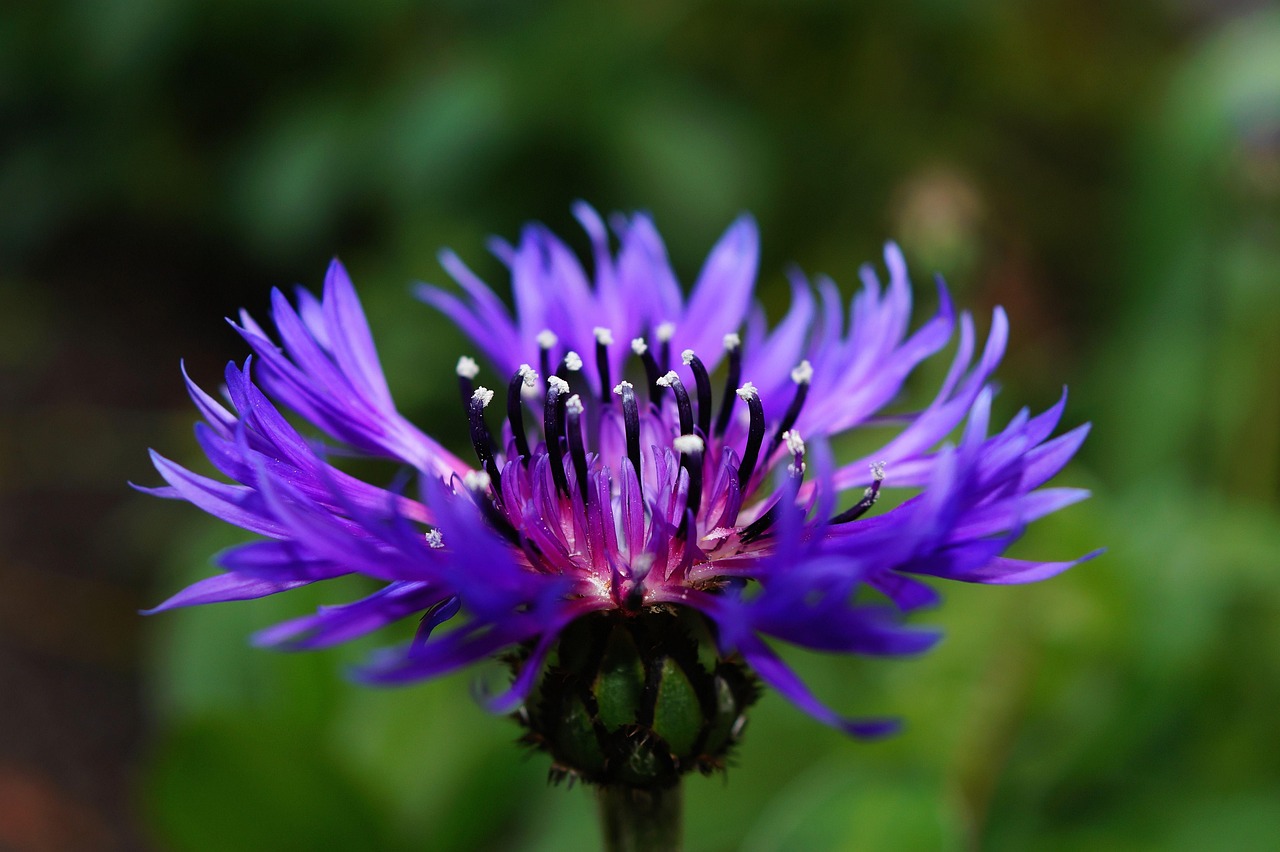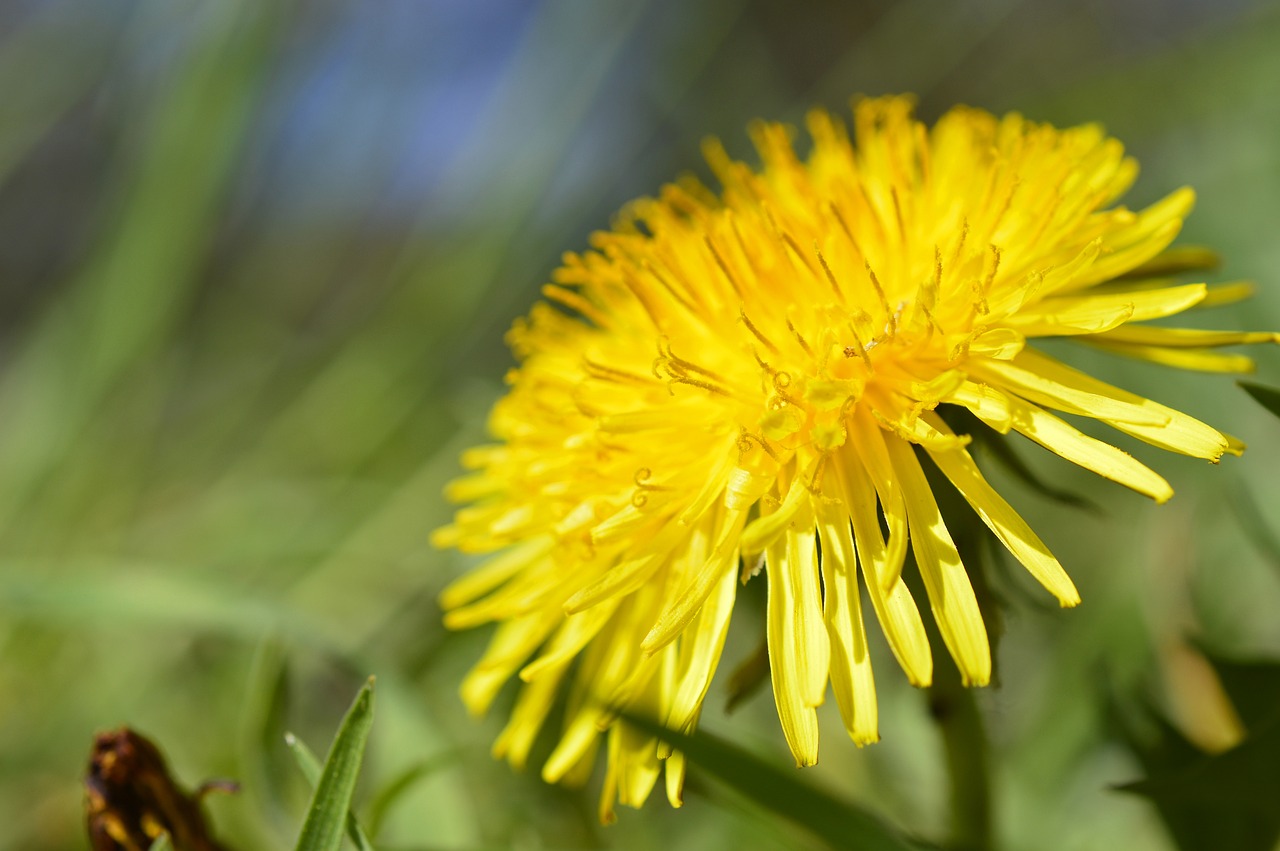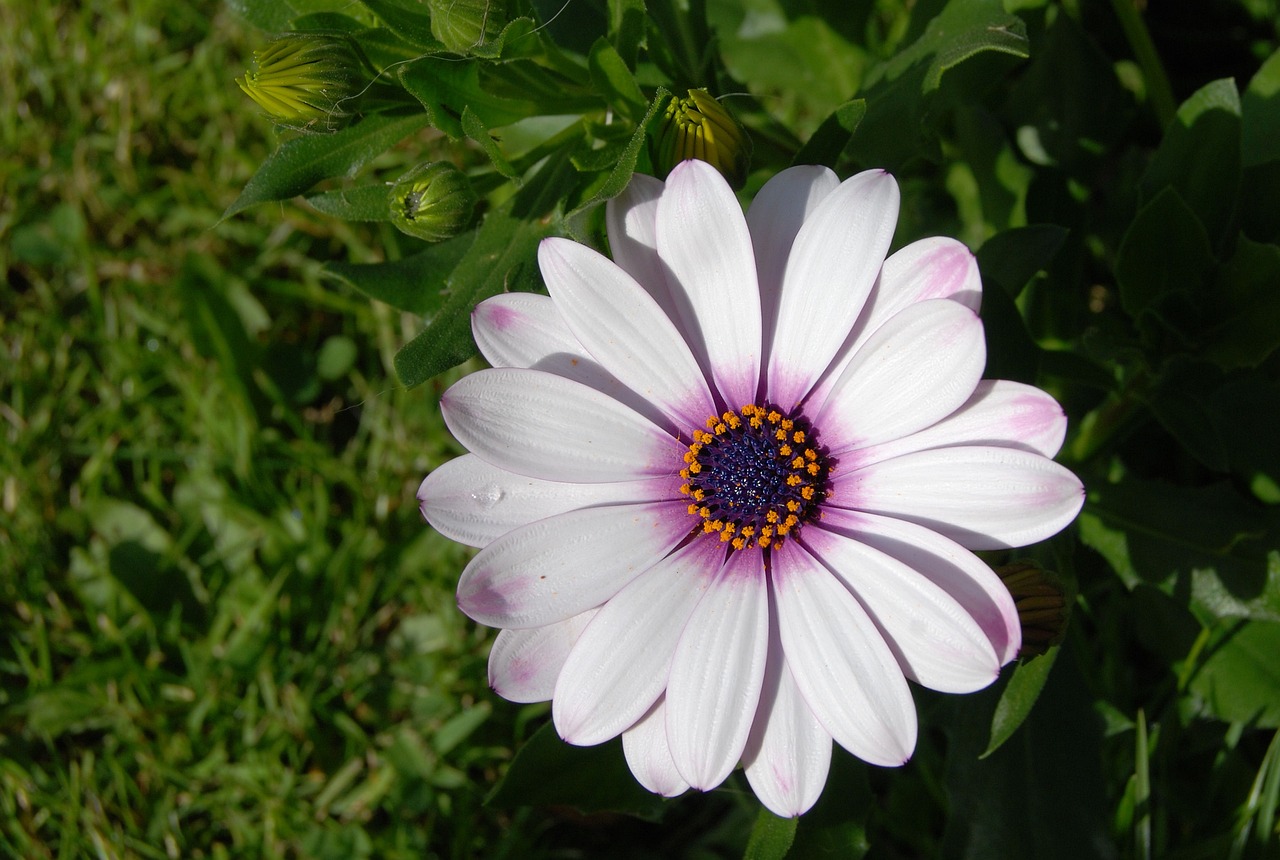American Thistle | A Sharp Yet Beautiful Wildflower that Spread Across the Frontier
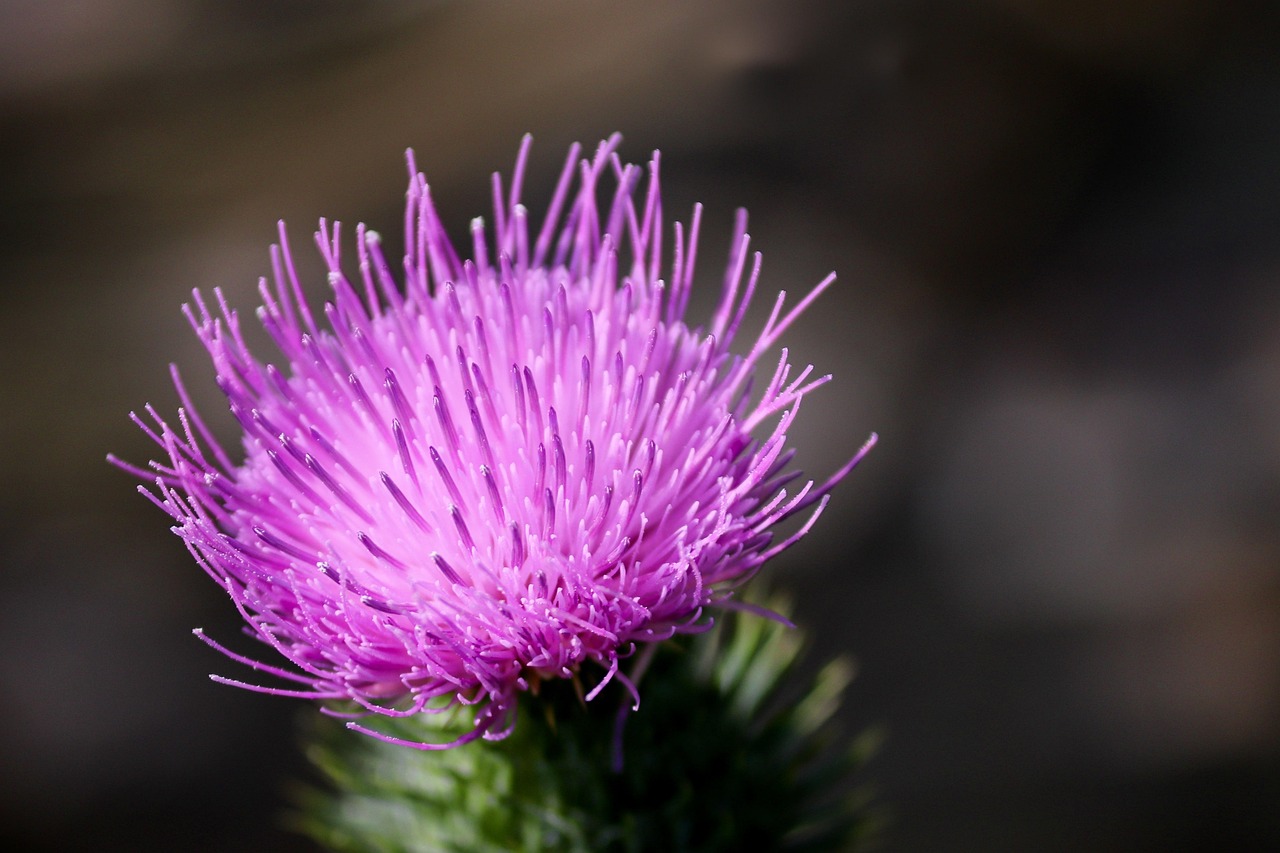
I introduce the American thistle, a tall perennial or biennial plant characterized by its purple flowers and sharp spines.
It is widely distributed and often found growing naturally in wastelands and pastures. Its blossoms attract bees and butterflies, playing an important ecological role.
In this article, I will provide detailed information about the American thistle, including its basic characteristics, cultural and historical background, and cultivation advice.
Basic Information
- Scientific name: Cirsium vulgare
- Family: Asteraceae
- Origin: Europe, North Africa, Western Asia
- Appearance: The plant can reach 1–2 meters in height, with sharp spines along its stems and leaves. It produces spherical purple flowers, with slender tubular florets radiating from the center.
- Flowering season: Summer (June–September)
Cultural Significance Around the World
The American thistle, with its vigorous growth and sharp spines, has carried symbolic meaning in many countries.
In Scotland, it is regarded as a symbol of courage and pride, and it is featured in the national emblem. This tradition is said to date back to the 13th century, when Scottish soldiers defended their land from invaders.
In Europe, it was traditionally planted along pasture and farmland boundaries to deter animals and intruders. After spreading to America, it has competed with native plants and is sometimes classified as an invasive species. Nevertheless, it remains highly valued as a nectar plant and serves as a vital food source for many insects.
Historical Anecdotes
Originally widespread across Europe, the American thistle is believed to have been brought to North America during the colonial period.
Thanks to its adaptability, it spread rapidly, and by the 19th century, it was found throughout much of North America.
In Scotland, the plant has long been cherished as a national symbol. According to legend, one night an invading soldier stepped on a thistle and cried out in pain, alerting the Scottish army, which successfully repelled the attack. This story contributed to the thistle becoming a symbol of Scottish pride and defense.
Gardening Advice
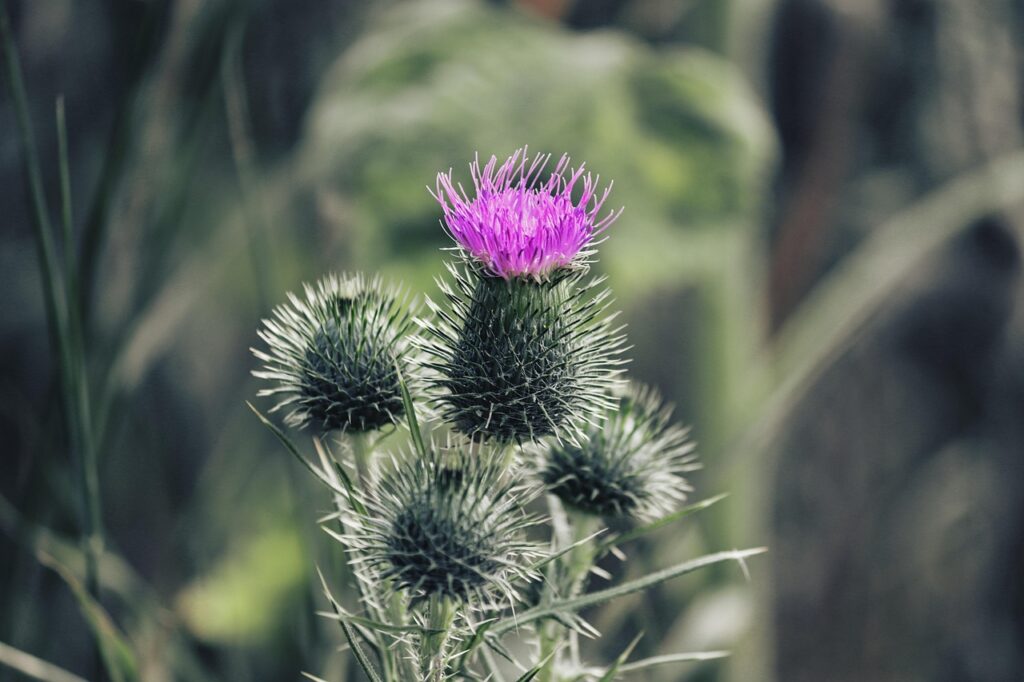
The American thistle is relatively easy to maintain, but because of its strong reproductive capacity, proper management is required.
Sunlight
Prefers sunny locations but can also grow in partial shade.
Watering
Highly drought-tolerant, often thriving with only rainfall. For potted plants, water moderately when the soil surface becomes dry.
Soil
Adapts well to various soils, including sandy and clay, but grows healthier with added leaf mold.
Fertilizer
Generally unnecessary, but a small amount of organic fertilizer in spring can promote growth.
Pruning
To prevent seed dispersal, remove flowers promptly after blooming. Pruning unnecessary branches also helps control growth.
Hardiness
Cold-hardy; no special winter protection is needed.
Conclusion
The American thistle, with its striking purple flowers and sharp spines, is widely known as a symbol of courage and pride in Scotland.
Historically used as a protective boundary plant in Europe and later spreading across America in the 19th century, it is sometimes considered invasive today.
Nonetheless, it plays an important ecological role as a valuable nectar source for bees, butterflies, and many other insects.


